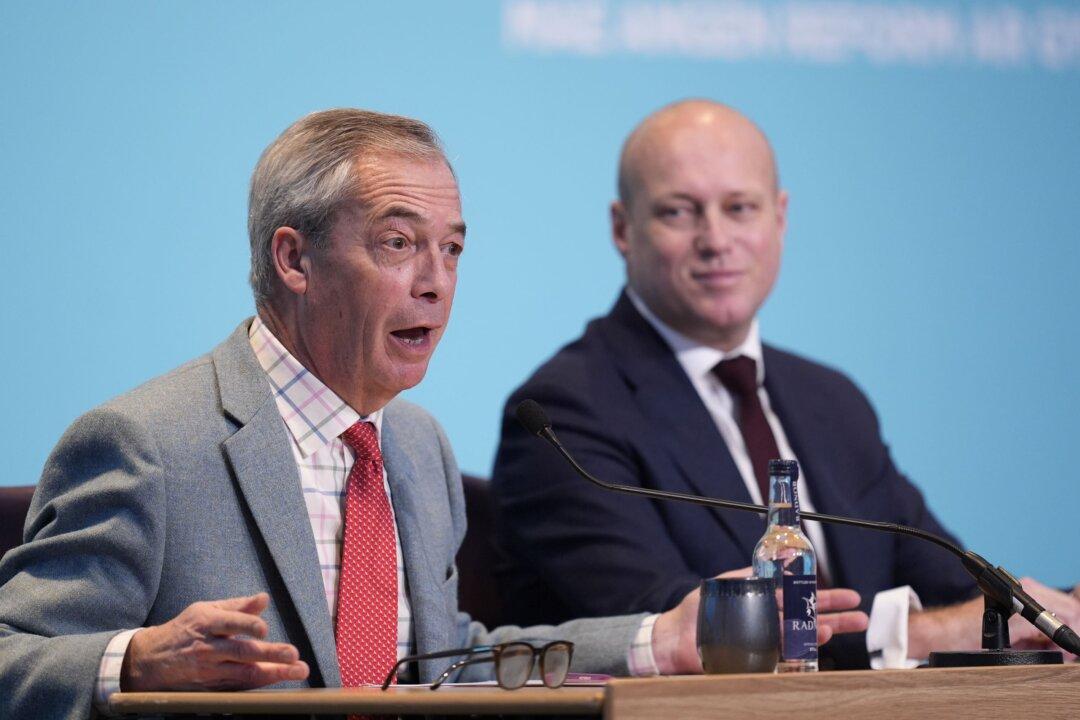The European Union has unveiled a series of proposals that would slash the red tape burden on Irish Sea trade created by Brexit’s Northern Ireland Protocol.
The European Commission measures would see an 80 percent reduction in checks envisaged for retail agri-food products arriving in the region from Great Britain.




